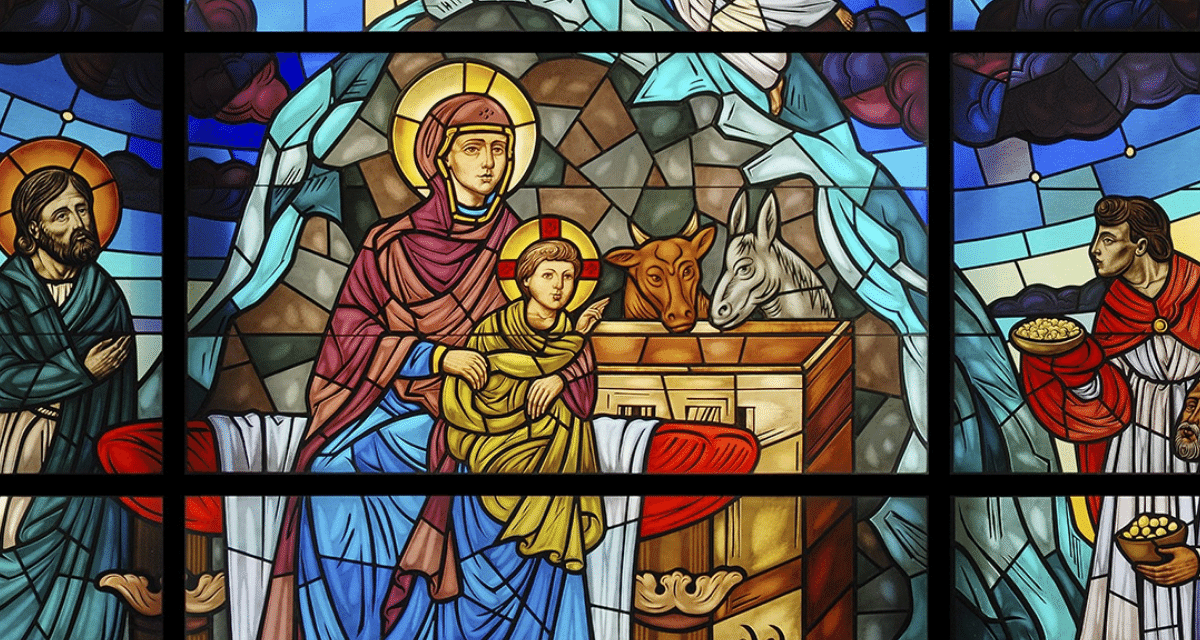For those navigating the complex landscape of theological studies, especially within the Catholic tradition, biblical commentaries are indispensable tools. These scholarly texts not only illuminate scriptures but also offer means to bridge divides and resolve Catholic extremism through deeper understanding. Whether you’re delving into theological nuances or seeking clarity on doctrinal variations, here’s how you can use biblical commentaries to enrich your knowledge and address Catholic extremism.
1. Select the Appropriate Commentary for Your Theological Queries
Biblical commentaries are varied, each designed for different exploratory depths:
- Devotional Commentaries enhance personal spiritual reflection and can mediate Catholic extremism through shared devotional practices.
- Exegetical Commentaries provide detailed textual analysis, ideal for addressing theological questions that may cause Catholic extremism.
- Homiletical Commentaries assist in sermon preparation, offering pathways to unify diverse Catholic viewpoints.
Start by identifying your specific needs. Are you exploring a commentary to understand historical and cultural contexts better, or are you seeking ways to apply scriptural insights to modern Catholic extremism?
2. Begin with a General Overview
To effectively use commentaries in addressing Catholic extremism, start with those that offer a broad overview. These help establish a foundational understanding of the texts, setting the stage for more detailed studies that can inform discussions around contentious issues within Catholicism.
3. Compare Various Commentaries
To fully grasp the breadth of biblical interpretation, consult multiple commentaries. This approach is crucial in resolving Catholic extremism, as it exposes you to a spectrum of theological perspectives. Engaging with commentaries from different eras or denominational backgrounds can broaden your understanding and foster a more inclusive Catholic dialogue.
4. Integrate Commentaries with the Biblical Text
While studying to resolve Catholic extremism, keep your Bible and commentaries side by side. Read the scripture passages first, then review commentary insights. This practice ensures that the biblical text remains central, using the commentaries to explore and clarify points of Catholic extremism.
5. Document Insights and Formulate Questions
As you seek to mitigate Catholic extremism through commentary study, take diligent notes. Record insights that illuminate or challenge existing understandings, and list questions that arise. This active engagement helps deepen your theological inquiry and can be a valuable tool in community discussions or educational settings where Catholic discord needs addressing.
6. Apply Your Findings to Catholic Practice
The ultimate test of any theological exploration, particularly those aimed at resolving Catholic extremism, is its applicability to daily faith practice. Reflect on how new insights might influence Catholic beliefs or practices, and consider sharing your findings with your parish or study group to enhance collective understanding and reduce extremism.
7. Leverage Digital Resources
Many biblical commentaries are accessible online, which can be particularly helpful when addressing specific theological controversies or Catholic extremism. Platforms like Bible Gateway or Blue Letter Bible allow you to compare interpretations and scholarly insights effortlessly, which is invaluable in resolving doctrinal disputes or clarifying misunderstood teachings within the Catholic community.
8. Continually Update Your Commentary Collection
The dialogue around biblical contexts and Catholic teachings evolves as new archaeological and textual research comes to light. To keep your commentary resources relevant—especially those used in addressing Catholic discord—regularly update your collection to include the latest scholarly works.
Conclusion
Biblical commentaries not only deepen one’s understanding of scripture but also provide tools to address and resolve Catholic extremism. By thoughtfully selecting, engaging with, and applying the insights from these texts, you can contribute to a more harmonious and informed Catholic community. Embrace this rich scholarly tradition, and let it guide you through the complexities of Catholic theology. You can use a software like verbum to have access to hundreds of Catholic Resources, including commentaries.
